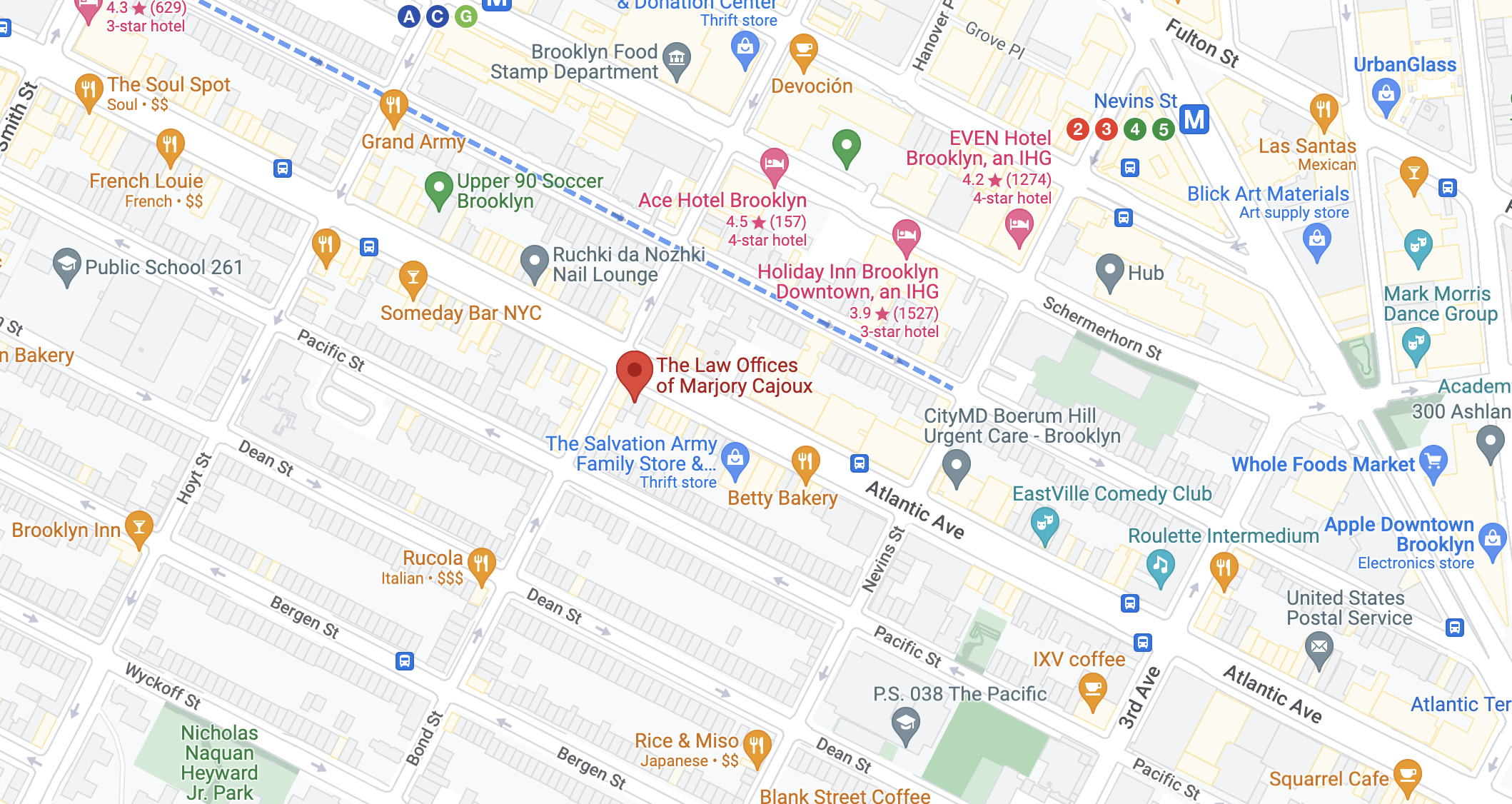In a Special Edition published in the month of May, we reported that U.S District Judge Dabney Friedrich blocked a nationwide eviction that the U.S. Centers for Disease Control and Prevention (“CDC”) established last year which was set to expire on June 30th, 2021. Today we’ve come to you with vital and relevant updates on the nationwide Eviction Moratorium. The Biden Administration declared on Thursday, June 24th that it would extend the temporary bans on evictions and foreclosures for another month, to July 31st, as the country continues to rebound from the coronavirus pandemic. This is an effort to help millions of tenants unable to make rent payments due to the pandemic-related economic hardships, but as mentioned, this is supposed to be the last extension that will be granted.
The COVID-19 pandemic has presented a historic threat to the nation’s public health. One of the primary reasons the moratorium was established was to prevent the further spreading of COVID-19 by people put out on the streets and into shelters. In New York State the legalities and extension of the Eviction Moratorium are different. On December 28, 2020, Governor Andrew M. Cuomo signed the COVID-19 Emergency Eviction and Foreclosure Prevention Act of 2020, placing a moratorium on residential evictions. The moratorium in New York State has been extended until August 31, 2021, for tenants who have endured COVID-related hardship.
On Tuesday, June 29th, 2021, the U.S. Supreme Court on Tuesday refused to lift a ban on evictions for tenants who have failed to pay all or some rent during the coronavirus pandemic. By a 5-to-4 vote, the court left in place the nationwide moratorium on evictions put in place by the CDC which extends the eviction moratorium to July 31st, 2021. The Biden Administration is taking action to stabilize homeowners and support a return to a more stable housing market, including by extending the foreclosure moratorium for federally backed mortgages by a final month. Some of the steps that the Biden-Harris Administration is taking are as follows:
- Urging State and Local Courts to Participate in Eviction Diversion Efforts. Establishing diversion programs will help landlords and tenants reach an agreement and access emergency rental assistance in addition to other available resources to keep families hard pressed by the COVID crisis in their homes while helping make landlords whole. Associate Attorney General Vanita Gupta sent a letter to state courts encouraging them to adopt anti-eviction diversion practices that will benefit families, tenants, landlords, and the courts themselves. The letter also instructs courts on federal resources they can use to support diversion programs and tools developed by the National Center for State Courts.
- Highlighting that American Rescue Plan Funds For State and Local Governments and for Emergency Rental Assistance Can Be Used to Fund Eviction Diversion Plans, Including Counseling and Legal Services. The American Rescue Plan delivered critical and historical support to states and localities to help them address the COVID-19 public health emergency and its economic fallout.
- Helping families experiencing homelessness gain access to assistance. For vulnerable families without a rental obligation – necessary for emergency rental assistance eligibility – Treasury is creating a commitment letter process to help those families gain access to assistance. ERA can help families who have lost, or are at imminent risk of losing, their housing, to get stable housing by paying for relocation assistance, prospective rent, security deposits, and temporary hotel accommodations.
- Enforcing the Fair Housing Act so that They Are Followed. Evictions disproportionately affect communities of color, people with disabilities, women, and other members of protected classes. Tenants with disabilities who are facing eviction are entitled to reasonable accommodations in the eviction process. The Department of Housing and Urban Development (HUD) is providing guidance to help prevent Fair Housing Act violations and collaborating with the DOJ to publicize this guidance. Landlords and renters can visit hud.gov/fairhousing for details on guidance
Additionally, three federal agencies that back mortgages – the Department of Housing and Urban Development (HUD), Department of Veterans Affairs (VA), and the Department of Agriculture (USDA) – will extend their respective foreclosure moratorium for one, final month until July 31, 2021. The Federal Housing Finance Agency (FHFA) will also announce that it has extended the foreclosure moratorium for mortgages backed by Fannie Mae and Freddie Mac until July 31, 2021. Once the moratorium ends, HUD, VA, and USDA will also continue to allow homeowners who have not taken advantage of forbearance to date to enter into COVID-related forbearance through September 30, 2021.
Here at The Law Offices of Marjory Cajoux, we are doing our best to keep everyone informed about the resources available during these difficult times. We will keep you updated as more information is unveiled. We are ready and committed to providing you with the best possible service and support in the areas of immigration, real estate, estate, business planning, and personal injury (WTC claims).
Additional Resources:
Biden Administration Extends Eviction Moratorium Through July
Temporary Halt in Residential Evictions to Prevent the Further Spread of COVID-19





